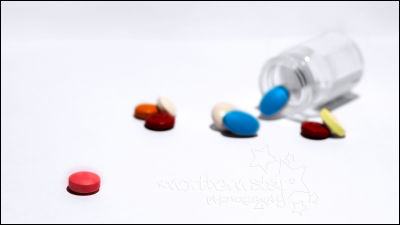14 tips to use when a psychiatrist diagnoses

Byclio 1789
PsychiatryWhen diagnosing mental disorders such as depression, clinicians, unlike doctors in surgery and internal medicine, often logically diagnose disease name simply by speaking with the patient. Such a glimpse of what kind of thinking and attention the clinician is diagnosing with "14 tips for diagnosing mental disorders"Is written in the site Psych Central that posts medical insurance information.
14 Tips for the Diagnostic Interview of Mental Disorders | Psych Central Professional
https://pro.psychcentral.com/14-tips-for-the-diagnostic-interview-of-mental-disorders/
In the field of psychiatry, there are manuals that can also be referred to as "psychiatric textbooks" that present criteria for classifying mental disorders,Diagnosis and Statistical Manual of Mental Disorders (DSM)there is. Doctor of MedicineAllen FrancesHe was involved in the creation of DSM for 40 years and served as editorial chairman of DSM 4th edition. "14 Tips for Interviewing Mental Disorders Interview" is written by Mr. FrancesResponding to the Challenge of DSM-5Excerpted from the experience of working on the creation of DSM,DSM-5It is said that the attention to the suspicious aspect of is described.
◆1: First meeting with patients is important
Accurate diagnosis consists of efforts of both patients and clinicians. If you can not make a misdiagnosis at first diagnosis of a patient, or you can not understand with a patient, that patient will not be visited again. However, if it hopefully it will be able to expect a big effect. You need to remember that while you are visiting, you are having a busy day, while that day may be the "worst day of your life" for the patient. Evaluation of the clinician you make is important to the patient each time and important for you. Let's stress the patient to talk and understand.
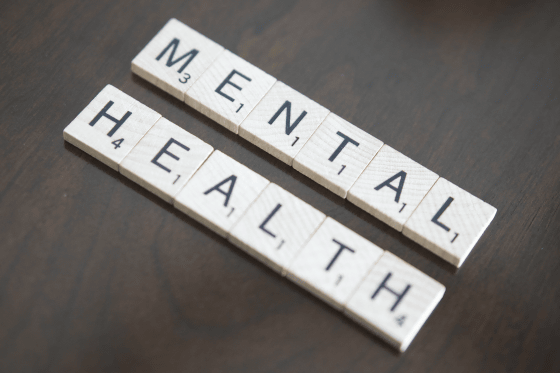
ByKevin Simmons
◆2: Make diagnosis a joint work with patients
Clinicians should express sympathy to their patients and not react indifferently. By providing information and knowledge to patients, patients understand and enlighten them. And clinicians should not forget that you are located in the separation of life that is serious for the patient, "patient's future will change due to evaluation of interview."
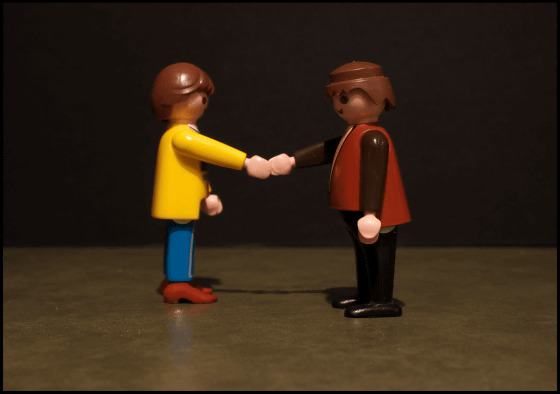
ByJulia Taylor
◆3: Please take care of your balance with your patients when you first meet
In the first diagnostic interview moment there are two risks. One is that many clinicians fall into the risk of "misjudging in very limited data of the first meeting and being bound by the wrong first impression". The other is too late to concentrate and risk missing the first information indicated by the patient. It is important to pay particular attention to several minutes of the first meeting, while it is important not to conclude the diagnosis at an early stage.
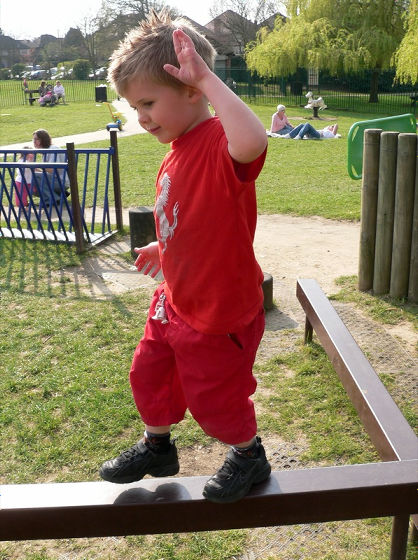
ByJim Purbrick
◆4: Adjustment of the checklist used to judge mental disorders is always done
Clinicians can do the right diagnosis only when collecting information from psychiatrists and working based on the same database. In the diagnosis interview, ask questions based on the detailed checklist of Yes / No according to DSM standards and let's make a diagnosis. Also ask questions that patients can answer the contents necessary for diagnosis.
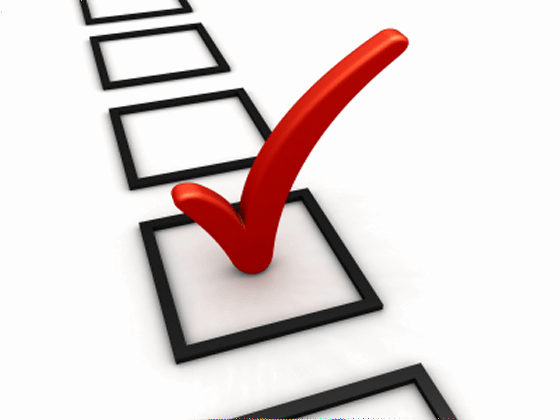
ByDamon Duncan
◆5: Please give me a focused screening question
As it takes too much time to search all the possibilities for the symptoms that the patient complains, it takes a long time to make a diagnostic interview so that the process is as short as possible. Apply the symptoms in a tentative manner after appropriately applying the patient's symptoms to a large group of mental disorders such as depression, bipolar disorder, obsessive-compulsive disorder (OCD), sift screening finely . Also, while doing the screening question, always check the influence of the medicine and medical disorder in the patient.
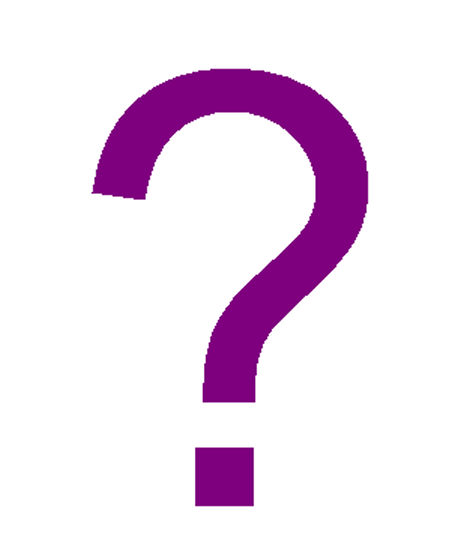
ByPurple Slog
◆6: Do not forget that clinical objectivity is important
To diagnose that the patient's symptoms are "coming from a mental disorder", the clinician must satisfy two conditions. One is that the symptoms that the patient shows can enter a group of illnesses that can be clearly written in the medical certificate such as depression, insomnia, memory disorder, attention deficit, hyperactivity disorder. Secondly, the symptoms cause significant distress in social or duty performance, cause objectively important obstacles, and the possibility of causing persistent and serious problems is very high about. Keep in mind that when these two conditions are met, it can be diagnosed that the symptoms are "it comes from a mental disorder."
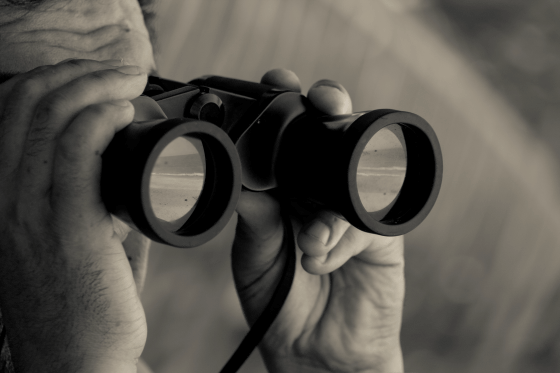 ByEdith Soto
ByEdith Soto
◆7: Please analyze the risks and merits
Please consider the positive and negative effects that the certificate gives to the patient. In other words, when the symptoms of a patient can not be solved by our own power, it is to think whether writing a medical certificate helps the patient or it is damaging.
Diagnosis is appropriate if one mental disorder is always drawn out as a clinician whenever you make judgments with patient symptoms as clues. There are also two conditions for executing a cure for a diagnosed mental disorder. The first is proved effective against psychiatric disorders and there are recommended treatments. Secondly there is a cure that is tailored to the symptoms of the patient. However, if you do not have a proven treatment, or you think dangerous side effects are available for available treatments, let's hold the diagnosis.
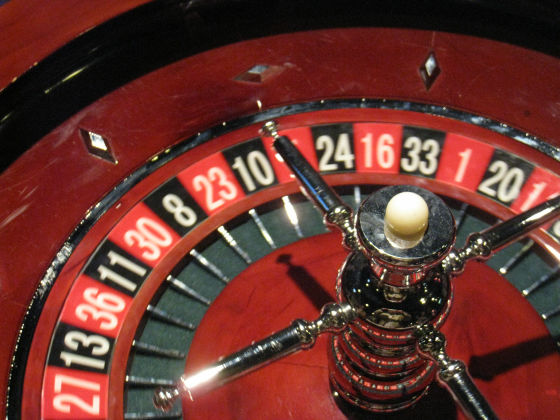
ByYuki Shimazu
◆8: Do not misunderstand complications
DSM is a system for promoting highly reliable diagnosis and classifying patient symptoms. Many patients have one or more symptoms and require multiple diagnoses. However, an accurate diagnosis requires a comprehensive view. Even in cases where a patient has more than one mental disorder, symptoms can not be separated and judged for each mental disorder. And there are cases that some causes are not organic abnormalities such as the brain.
Even if the patient has multiple mental disorders, it may be possible to respond with one treatment method. Or one mental disorder may be due to multiple causes. If a clinician misunderstands complications and makes an incorrect diagnosis for patients concurrent with mental disorders, multiple drugs may also be used. Let's keep in mind the risks of adverse drug reactions caused by multiple drug combinations.
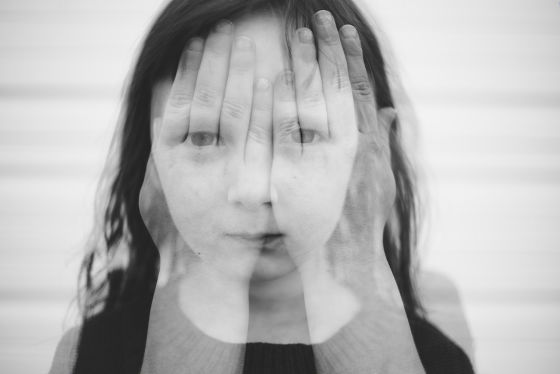
ByBethany Petrik
◆9: Please have patience strongly
There are a few patients who can diagnose in 5 minutes. Some patients take five hours to diagnose, others need five years. The impression at the time of diagnosis is "hypothesis" to the last, and it is necessary to check carefully. The impression at the time of diagnosis may make you misunderstand about the patient's mental disorder, but it also becomes an opportunity to obtain new information. If you clinician hurry up the diagnosis, you may commit a serious mistake.

◆10: Do not be ashamed to use the "unspecified" category for patient symptoms
In DSM - 5 many obstacles are marked with the word "Unspecified". This is because symptoms with patient symptoms apply to multiple mental disorders and can not draw a strict boundary line. Psychiatry makes judgments that are clearly black and white and does not make much judgment of ambiguous gray. I am using the category "detailed unknown" in such psychiatric medicine because diagnosis is quite difficult. Do not be ashamed of using the "unspecified" category to prevent misdiagnosis as the word "unspecified" means that the information is insufficient and also prevents premature diagnosis .
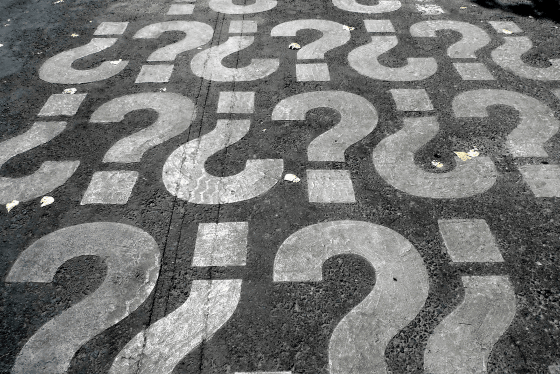
ByVeronique Debord-Lazaro
◆11: Be cautious about diagnosis using "other mental disorders of DSM-5"
According to Mr. Frances of the author, in DSM - 4 which Mr. Frances was involved in, the mental disorder, sexual inversion, Internet addiction, sex addiction etc in the "Other" category of DSM - 5 are defined as mental disorders, It was considered dangerous due to lack of certainty, and it was not stipulated as a mental disorder and was sent off. However, the other mental disorders mentioned above were added as a mental disorder in the update from DSM - 4 to DSM - 5 and recognition code was given. Mr. Frances asserts that a number of other psychiatric disorders that have been added are considered psychosis and that detailed examination is necessary and that the items in other items should not be used at the clinical or forensic scene I will.

ByPablo Garcia Saldana
◆12: Please constantly analyze your subjective judgment
Psychiatric diagnosis depends entirely on subjective judgment, so it should always be provisional. Whenever possible, please talk with the patient's family and the surrounding people and obtain objective "records" such as patient's mental health treatment history and medical history. Since the patient's condition changes, you do not necessarily need to believe in the past analysis mentioned above. Also, always rethink your diagnosis when treatment is not going well.
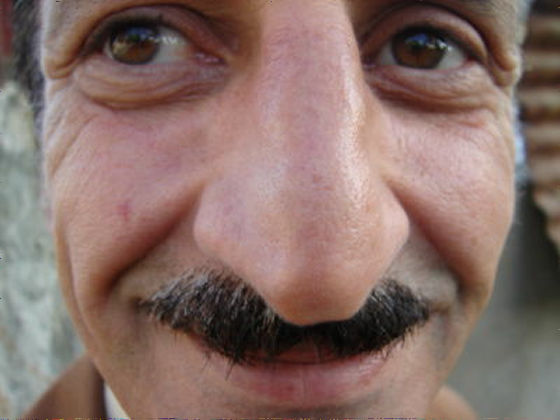
◆13: Please always write your thought of diagnosis
Diagnosis is just a label on its own. Documenting the process leading up to the diagnosis will help clinical and reveal the course of thought. We will also protect you from clinicians from misdiagnosis litigation by clarifying the course. Documentation can also be a rationale for leading conclusions. Documenting the thought process used for diagnosis leads to correct diagnosis.

ByErol Ahmed
◆14: Always keep in mind that psychiatric diagnosis has big uncertainty like betting
A psychiatric diagnosis, if successful, can give the patient an appropriate treatment and healing opportunity, at least to improve the problem. However, if it fails, it will do harmful treatment for the patient, give unnecessary stigma and lose the opportunity of treatment that the patient could grab. When a misdiagnosis is carried out, the patient falls in expectation for psychiatry and labels the "actually suffering psychiatric disorder" diagnosed by the clinician. After that, patients themselves may behave according to the symptoms of the label.
Psychiatric diagnosis requires time and effort to improve patient symptoms. Being a competent diagnostician does not guarantee "being a perfect clinician", but it is impossible to become a satisfactory clinician without good diagnostic skills, Frances He wrote.

Byyler Nix
Related Posts:
in Science, Posted by darkhorse_log
